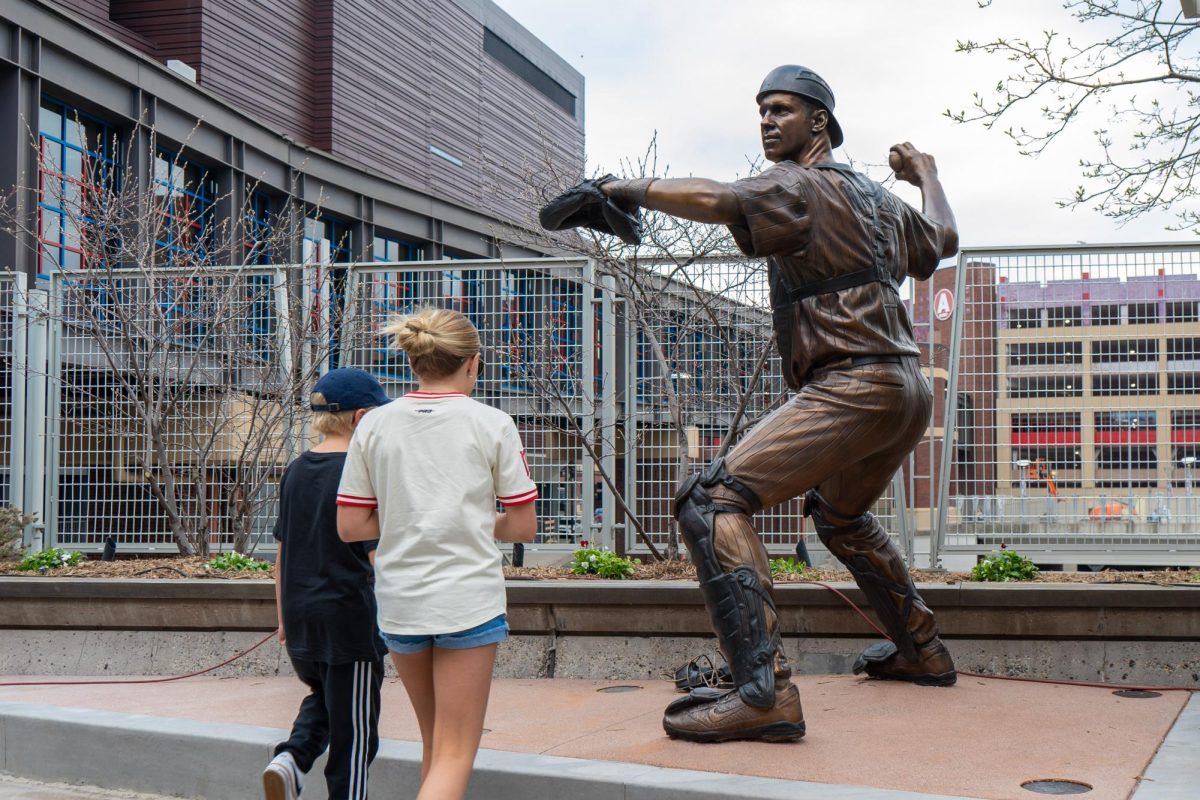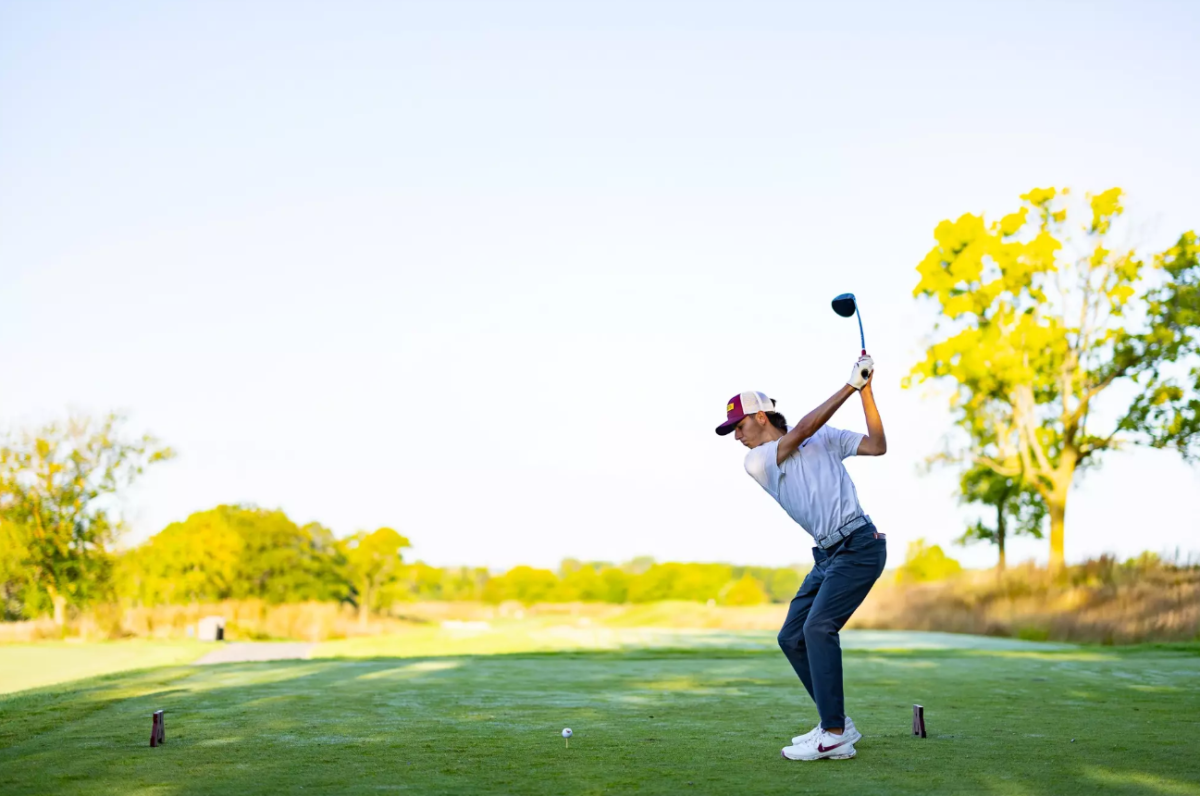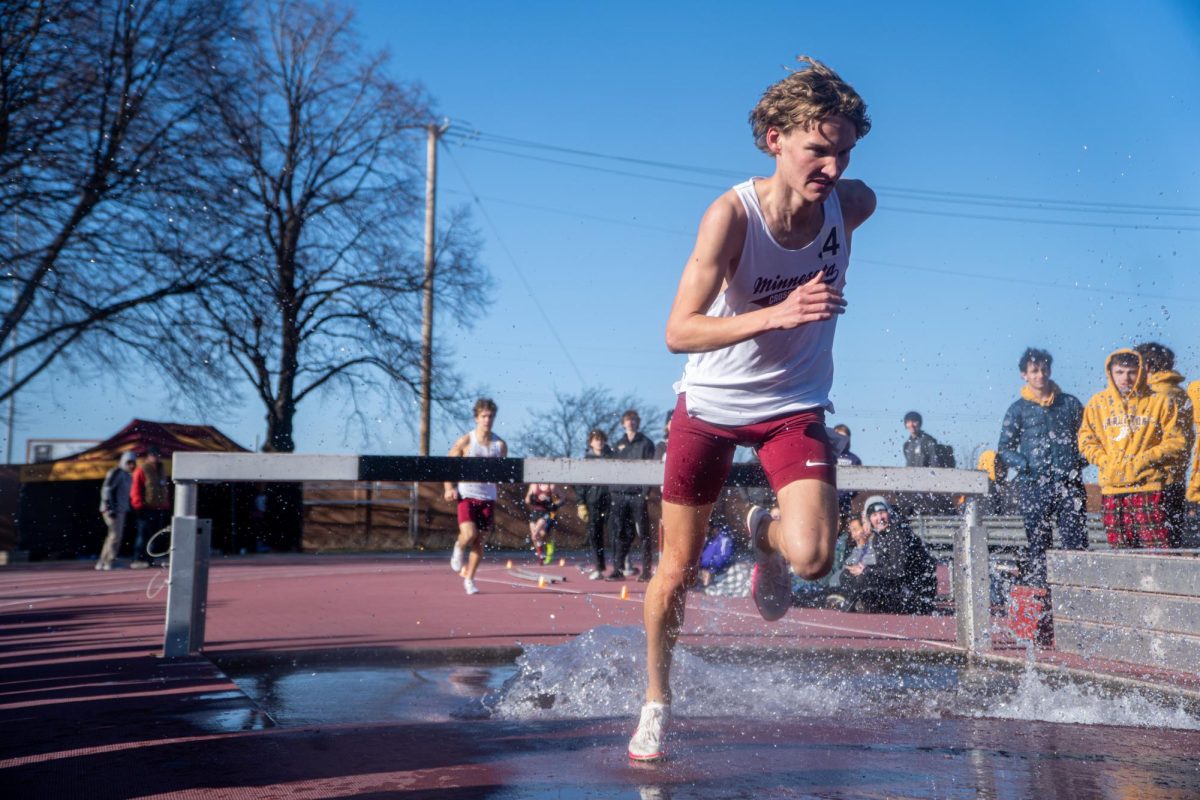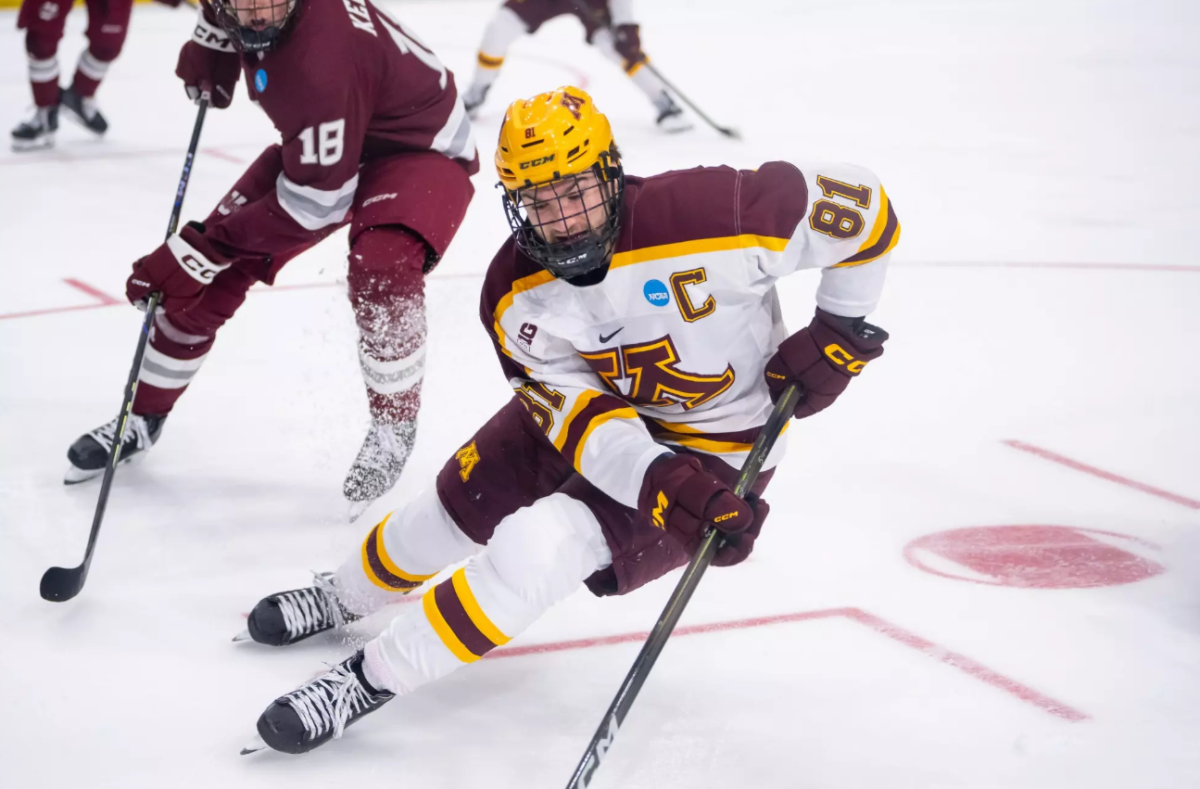Prior to the cancellation of the Big Ten men’s basketball tournament March 12, the University of Minnesota athletics department was projecting to run a $1 million surplus. Now, just under two months later, the department is expecting a $4 million to 5 million deficit by the end of the fiscal year on June 30.
That’s just the beginning of the potential losses the department could face.
In April, athletics director Mark Coyle briefed the University’s Board of Regents on the economic outlook of the department, saying they could lose as much as $75 million in revenue in the next fiscal year if fall sports are canceled. Even if sports returned on time in the fall with fans, the department still projects to lose $10 million with the expectation that ticket sales will decline as fans will be hesitant to attend any events. If athletics returns without fans in the fall, Coyle expects about a $30 million loss in revenue.
“Unfortunately, we’re at a period where there are more questions than answers,” Coyle said Friday afternoon. “We’re doing everything we can do to get towards a balanced budget, but as each passing day comes this fiscal year, that’s going to become more and more unlikely.”
Still, without many answers, Coyle did provide some insight about the future of Gophers athletics during his conversation with the media on Friday.
First, don’t expect sports to return at the University until all students return. Coyle said the athletics department would move in lockstep with the rest of the campus under President Joan Gabel’s directives and would leave the decision up to the medical experts.
“We’re going to be in an alignment with campus and obviously we are going to follow President Gabel’s lead,” Coyle said.
That doesn’t rule out the possibility that the Gophers will return without fans. However, Coyle said he has seen the interest for a fan-less season decline amongst his peers as the weeks have gone by.
“Early on, people were open to that concept. As this continues to play itself out, I think people are pausing a bit on whether or not you’d play without fans,” Coyle said. “I would love for fans to be part of any solution we find.”
Despite the uncertainties for the fall, Coyle was adamant the department remains full steam ahead.
“We are not going to take the gas pedal off our football program. We’re not going to take the gas pedal off any of our programs,” he said.
With hopes of cutting any extraneous costs for the fall, Coyle said the department has looked for creative ways to save money on travel, including taking a more regional approach to nonconference play. They’ve also explored switching from planes to buses when possible, and aligning conference play among different sports so multiple teams can travel together.
Coyle said he fully expects salary reductions will continue into the fall and hopes they will mirror the reductions that many are taking Universitywide.
“This is going to define programs and we want Minnesota to be a program that grew from this, that came out better from this, that became more efficient, more strategic on how we maximize our revenues, how we maximize our student-athletes’ potential, coaches’ potential,” Coyle said. “We are going to continue to be aggressive to build all of our programs to compete at a high level.”







